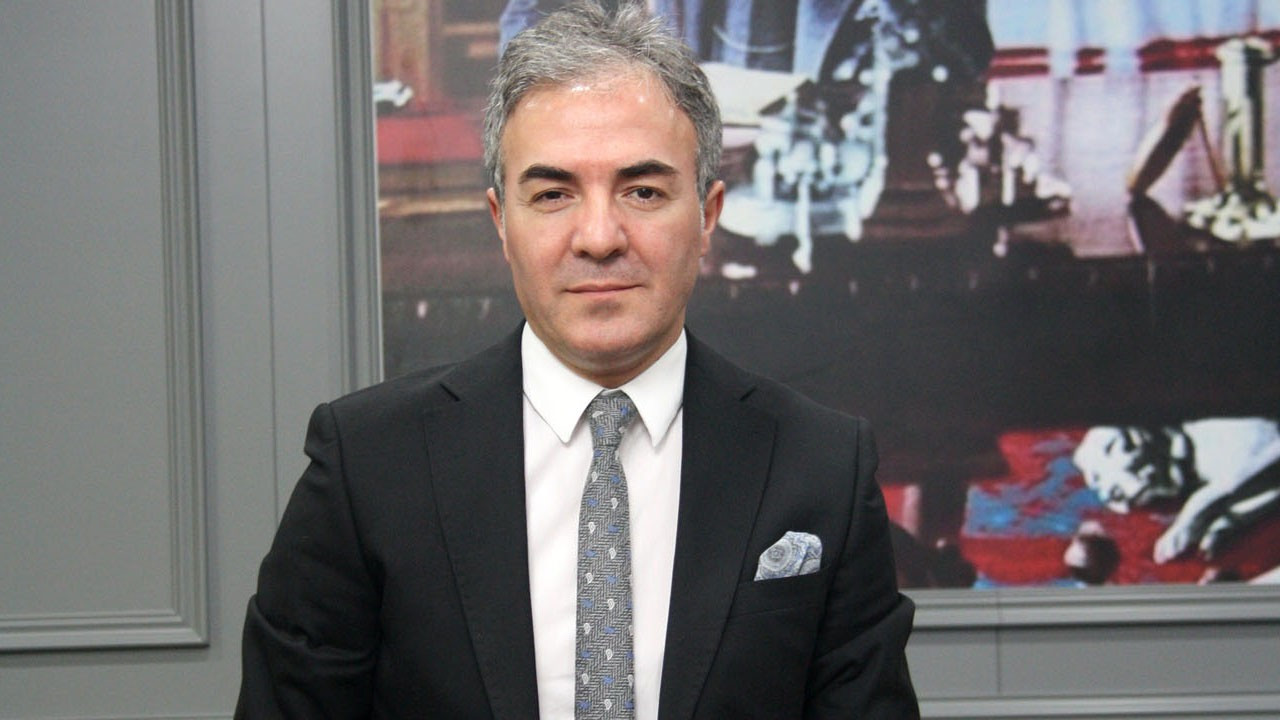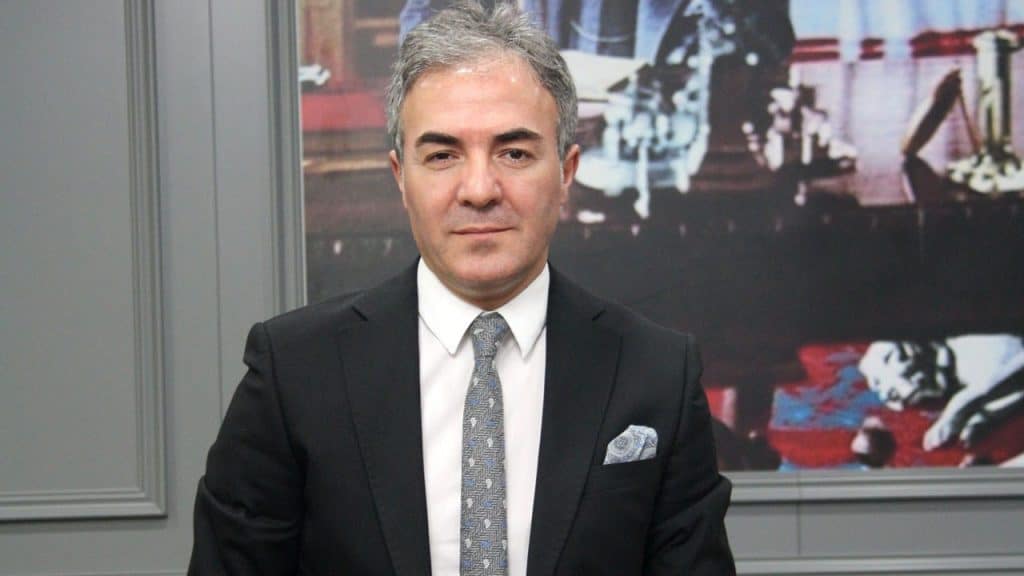
ALI SAHIN
In parallel with the sustainability efforts in the world, the increasing rate of recycled materials in the industrial sector has turned its eyes to recycling facilities. Publishing the Recycling Sector Industrialization Projection report, TUDAM Evaluable Waste Materials Industrialists’ Association emphasized the need for industrialization of the sector in order for Turkey to be successful in the circular economy. In the report, which draws attention to the green transformation studies, practices and legislative changes of the European Union countries and the increase in the rate of cyclical material use, “In 2020, the cyclical material use rate (cyclicality rate) of the EU has reached 12.8 percent. This means that almost 13 percent of the material sources used in the EU come from recycled waste materials. Reminding that there are collective targets to limit global warming to 1.5 – 2 °C as a result of the climate crisis, the report underlined that the necessary infrastructure should be prepared in our country for the use of recycled products.
The circular economy process has begun
Speaking on the subject, Vedat Kılıç, President of TUDAM Evaluable Waste Materials Industrialists Association, said, “The world has clearly entered a cyclical economy. Many international agreements, such as the European Green Consensus, now require the use of recycled materials, and this usage rate is increasing every year. With sustainability efforts, which is the priority agenda of almost all global brands today, recycled raw materials have become a priority, while the recycling industry has become one of the most critical elements of supply chains.
The main industry may become unable to export
Stating that the world has entered another phase with the circular economy, Kılıç said, “With both the rules brought by states and international organizations and the binding targets of global brands, it is no longer possible to compete in the market without using recycled raw materials. With the practice that took effect in April this year in the UK, businesses that put more than 10 tons of plastic on the market a year must pay a tax of £200 per ton for the entire amount they put on the market, if they do not use a minimum of 30 percent recycled raw materials in their products. Such practices are binding for the companies exporting to those countries as well as the relevant country. As a matter of fact, companies exporting a product containing plastic from Turkey to the UK have to pay the tax in question if they do not use 30% recycled raw materials. Considering that these practices will become widespread rapidly, we may be unable to export without using recycled raw materials in the near future.”
OSBs look at the recycling industry like a boogeyman
TUDAM President Vedat Kılıç, who stated that licensed enterprises producing recycled raw materials have difficulty in accepting that they are an industry, said, “Until very recently, recycling facilities were among the facilities that could not be established in organized industrial zones (OSB) according to the regulation. Although this extremely unfair practice has been officially abolished, OIZ administrations still refrain from issuing licenses to licensed businesses within the OIZ. When we look at the direction the world is going, we, as the industry, have difficulty in understanding this attitude. On the one hand, the main industry, which demands recycled raw materials from the industry, sees the industry as a bogeyman when it comes to operating within the OIZ.”
We have to create the recycling industry
Kılıç, emphasizing that a recycling industry should be established in order to move Turkey’s main industry forward, said, “In the current conditions, Turkey has no chance to miss the circular economy. Therefore, working together with the main industry and the recycling industry is a necessity first of all. In this direction, we need the support of our state, especially in spatial planning, for the creation of the recycling industry. We believe that many supporting factors such as facilitating the operation of the sector within OIZs, establishment of recycling specialized OIZs, fuel without SCT, energy incentives, cheap financing resources should be addressed immediately. On the other hand, we would like to reiterate once again that the fees received from those who put them on the market with the Recovery Participation Share (GEKAP) application, which came into force in 2019, should be used only for the development of the sector and the maximum collection of wastes in accordance with its purpose.”
Support to the sector will create added value
Underlining that the recycling sector creates more environmental and economic added value than its own size, Vedat Kılıç said, “It is important to eliminate the deficiencies in the recycling sector with government supports and incentives. When global brands or Turkey’s export champion sectors demand recycled raw materials, businesses with the same corporate structure and technological workflow expect to see them. However, when these conditions are met, recycling facilities can be included in the supply chain. For this reason, any support to be provided for the industrialization of the sector will turn into a lever that will increase Turkey’s competitiveness in the world market. So that we can do this
We need to make the right planning by acting together with the public and private sectors,” he said.
A professional writer by day, a tech-nerd by night, with a love for all things money.

